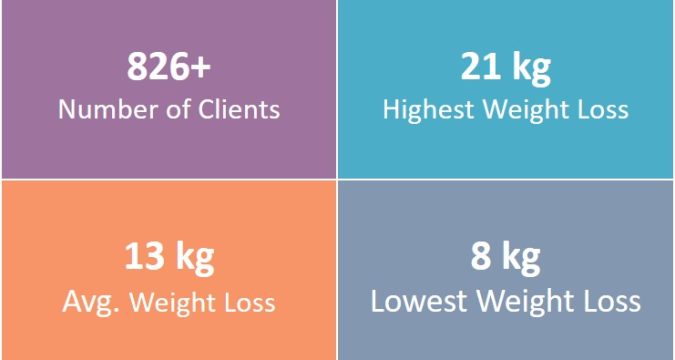
During a visit to a clinic for weight loss in Dubai, you can expect to receive personalized guidance, support, and resources to help you achieve your weight loss goals effectively and safely. Weight loss clinics offer an inclusive approach to weight management, combining medical expertise, nutritional counseling, behavioral support, and lifestyle interventions tailored to your individual needs.
Initial assessment and evaluation:
Your first visit to the weight loss clinic will likely begin with an initial assessment and evaluation conducted by healthcare professionals, such as a physician, nurse practitioner, or registered dietitian. This assessment may include a review of your medical history, current health status, weight-related concerns, lifestyle factors, dietary habits, physical activity levels, and weight loss goals. The healthcare team will gather relevant information to develop a complete understanding of your unique needs and circumstances.
Medical screening and testing:
Depending on your individual health profile and risk factors, the weight loss clinic may conduct medical screenings and tests to assess your overall health and identify any underlying medical conditions that may impact your weight loss journey. This may include measurements such as height, weight, body mass index (BMI), blood pressure, blood glucose levels, cholesterol levels, and other relevant markers of health.
Personalized nutrition counseling:
Nutritional counseling is a key component of weight loss clinics, as diet plays a central role in achieving and maintaining a healthy weight. During your visit, you can expect to receive personalized nutrition counseling from a registered dietitian or nutritionist who will assess your dietary intake, identify areas for improvement, and develop a customized meal plan tailored to your nutritional needs, preferences, and weight loss goals.
Behavioral support and counseling:
Behavioral support and counseling are crucial components of successful weight loss programs, as they address the psychological and emotional aspects of eating behavior and lifestyle habits. You may have the opportunity to work with a behavioral therapist, psychologist, or counselor who specializes in weight management to explore factors such as stress, emotional eating, self-esteem, motivation, and goal setting. Through counseling sessions, you’ll learn practical strategies for overcoming barriers, changing unhealthy habits, and developing sustainable lifestyle changes that support long-term weight management.
Physical activity recommendations:
Physical activity is an integral part of any weight loss program, as it helps burn calories, build muscle, improve cardiovascular health, and improve overall well-being. During your visit to the weight loss clinic, you may receive recommendations for incorporating regular physical activity into your daily routine. This may include guidance on exercise types, frequency, duration, intensity, and progression based on your fitness level, preferences, and goals.